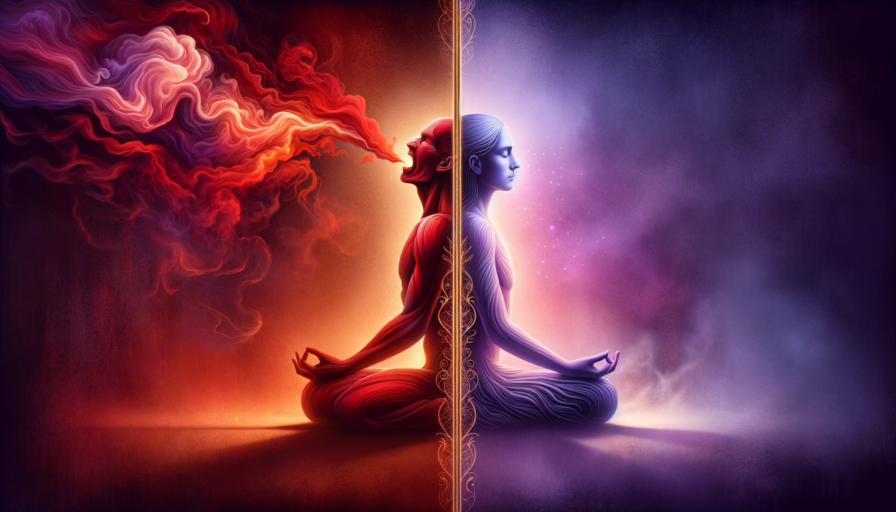Understanding the Spiritual Meaning of Lust
Understanding the Spiritual Root of Lust
Lust is often considered a powerful and overwhelming desire. Spiritually, it is seen as a manifestation of imbalance, where physical desires take precedence over spiritual well-being. To understand its root:
- Recognize it as a challenge to align bodily desires with spiritual growth.
- Identify sources of temptation and address them holistically.
The True Meaning of Lust
Lust goes beyond mere physical attraction. It represents a lack of control over one’s desires, leading to potential moral and ethical conflicts. On a spiritual level:
- Lust can cloud judgment and lead one away from their spiritual path.
- It often signifies deeper emotional or spiritual voids that need addressing.
Deeper Spiritual Interpretation and Controlling Lust
Delving deeper into the spiritual meaning of lust involves understanding its impacts on both individual and relational levels. Controlling it spiritually requires:
- Self-awareness: Recognize triggers and understand personal vulnerabilities.
- Meditation and Prayer: Center your thoughts and seek spiritual guidance.
- Healthy Outlets: Channel desires into creative or constructive activities.
What is the spiritual root of lust?
The spiritual root of lust is an imbalance where bodily desires override spiritual and emotional needs, often leading to a disconnection from one’s true self.
What is the true meaning of lust?
True lust is an uncontrollable desire that transcends physical attraction and can impede moral and spiritual growth.
What is the deeper meaning of lust?
The deeper meaning of lust lies in its ability to reveal unaddressed emotional or spiritual gaps. It often indicates areas where spiritual development is needed.
How to control lust spiritually?
To control lust spiritually:
- Practice self-awareness to understand and address personal triggers.
- Engage in meditation and prayer for spiritual guidance.
- Find healthy outlets for your energy, such as hobbies or exercise.







